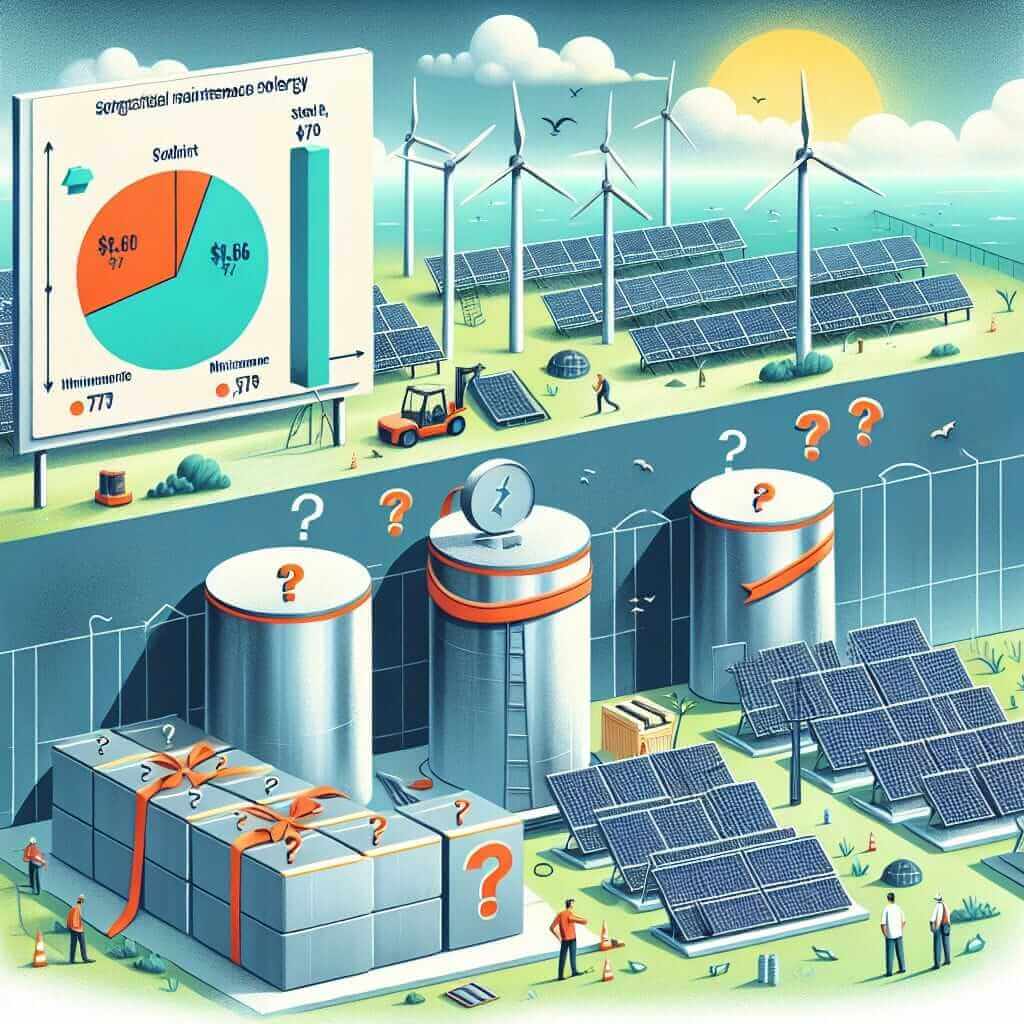The Reading section of the IELTS exam tests your ability to understand and analyze academic texts. One common and relevant topic is “What are the challenges of reducing greenhouse gas emissions?” This theme has appeared frequently in past exams due to its global significance and complexity. Given the urgency of addressing climate change, this topic remains relevant and is likely to reappear in forthcoming exams. This article will provide a comprehensive and detailed sample Reading passage, focused questions, and useful tips to help you excel in the Reading section.
Reading Passage: The Challenges of Reducing Greenhouse Gas Emissions
Reducing greenhouse gas emissions presents a complex and multifaceted challenge. Despite global agreements such as the Paris Agreement aiming to limit global temperature rise, several obstacles hinder significant progress. These challenges encompass economic, political, technological, and social dimensions.
Economic Challenges
The transition to a low-carbon economy demands substantial financial investment. Developing countries, where financial resources are limited, face difficulties in adopting renewable energy technologies. Additionally, established industries reliant on fossil fuels resist change due to the potential financial losses and job reductions.
Technological Barriers
Current technology, while advancing, is not sufficient to completely eliminate greenhouse gas emissions. Renewable energy sources like solar and wind are intermittent and require robust energy storage solutions, which are still in developmental stages. Moreover, existing infrastructure in many parts of the world is designed for fossil fuel usage, posing additional barriers to rapid technological shifts.

Political Obstacles
Effective reduction of greenhouse gas emissions demands global cooperation, which is often complicated by national interests and political agendas. Some countries prioritize economic growth over environmental sustainability, delaying international climate agreements. Additionally, short-term political cycles discourage long-term investments in climate action.
Social and Behavioral Factors
Societal change is required to reduce greenhouse gas emissions through altered consumption and lifestyle patterns. However, widespread reluctance to change personal habits, coupled with lack of awareness about environmental issues, exacerbates the challenge. Public resistance can also manifest in opposition to new policies that restrict certain consumer choices.
Reading Questions
Multiple Choice
-
What is one economic challenge mentioned in the passage regarding greenhouse gas emissions?
A. Short-term political cycles
B. Financial losses for established industries
C. Lack of societal change
D. Shortage of robust energy storage solutions -
According to the passage, why is technological advancement insufficient to completely reduce greenhouse gas emissions?
A. Renewable energy sources are insufficiently developed
B. International climate agreements are elusive
C. Fossil fuels are more efficient
D. Lack of public awareness about climate change
True/False/Not Given
-
Developing countries find it easier to adopt renewable energy technologies due to their financial resources.
True / False / Not Given -
Renewable energy sources like solar and wind do not need energy storage solutions.
True / False / Not Given
Matching Information
-
Match the following sectors with their corresponding challenges:
- Economic
- Technological
- Political
- Social
a. Financial investment requirements
b. Public resistance to lifestyle changes
c. National interests hindering global cooperation
d. Need for robust energy storage solutions
Short-Answer Questions
-
What is one reason why some countries delay international climate agreements?
-
What is the impact of short-term political cycles on investments in climate action?
Answer Keys and Explanations
- B. Established industries resist change due to potential financial losses.
- A. Renewable energy sources are intermittent and require robust energy storage solutions.
- False. Developing countries face difficulties due to limited financial resources.
- False. Renewable energy sources require robust energy storage solutions.
-
- Economic: a
- Technological: d
- Political: c
- Social: b
- National interests prioritizing economic growth over environmental sustainability.
- Short-term political cycles discourage long-term investments in climate action.
Common Mistakes
- Not understanding the specific vocabulary related to environmental issues.
- Misinterpreting the passage due to complex sentence structures and high-level vocabulary.
- Overlooking keywords or phrases that indicate the writer’s opinion or specific details.
Vocabulary
- Multifaceted (adjective) /ˌmʌltiˈfæsɪtɪd/: Having many aspects or phases; complex.
- Intermittent (adjective) /ˌɪntərˈmɪtənt/: Occurring at irregular intervals; not continuous or steady.
- Robust (adjective) /roʊˈbʌst/: Strong and effective in all or most situations and conditions.
- Exacerbates (verb) /ɪɡˈzæsərˌbeɪts/: Makes a problem, bad situation, or negative feeling worse.
Grammar Points
- Complex Sentences: Used for elaboration and providing detailed explanations. Example: “Although renewable energy sources are advancing, they are not yet sufficient to completely eliminate greenhouse gas emissions, necessitating robust energy storage solutions.”
- Passive Voice: Used to emphasize the action rather than the subject. Example: “Technological advancements are hindered by existing infrastructure designed for fossil fuel usage.”
Tips for High Reading Scores
- Skim the passage first to get an overall understanding.
- Identify keywords in the questions before reading in detail.
- Practice different types of questions to become familiar with the formats.
- Build your vocabulary to understand and interpret high-level texts.
By mastering these techniques and understanding the nuances of topics like greenhouse gas emissions, you can significantly improve your Reading score in the IELTS exam.